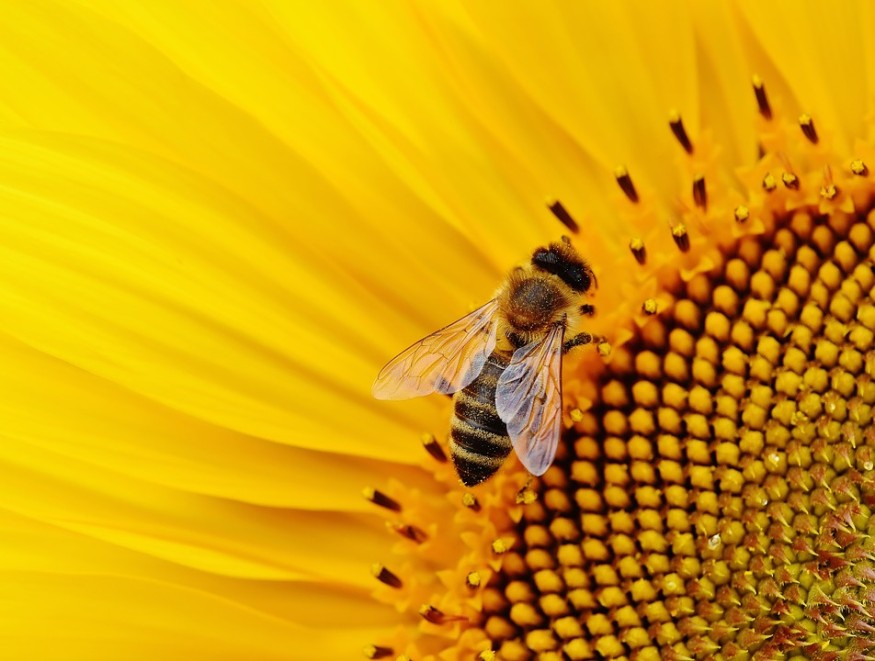
Many experts are finding a solution for the rapid declining of the bee population—among them is the startup company that developed a special supplement that could turn bees to "super bees."
The ability of the bee to tolerate cold temperatures after consuming the nutrient-packed formula has increased by sevenfold, claimed Matias Vel, CEO of Beeflow, which produced the supplement.
Unfortunately, the dramatic population decline threatens not just the honey production but the entire agricultural sector itself.
The beekeeping industry has contributed a great amount to U.S. agricultural section. It is reported that bees are responsible for at least $20 billion worth of crop yields annually to the U.S. alone.
In the past winter, the U.S. had suffered from the biggest number of bee colony losses ever. Massive usage of pesticides, bee parasites epidemic, and climate change were the blamed reasons for this.
Healthier bees with stronger immune systems are the solution to that problem, Viel claimed. It is a common observation that weather affects bee activities, so by increasing their tolerance, their activities can be maintained even during bad weather or cold season.
The supplement is a plant-based formula high in sugar, water, and proprietary ingredients. Bees are to be fed with it at least once a week.
Beeflow claimed that they already had tested the product in Argentina. They reported that the production of almonds, blueberries, apples, and kiwis had increased by at least 90%. They also assisted a blueberry farm in Oregon on producing 22% more yields last winter.
Another test is being conducted on major almond farms in California.
The report said that California produced at least 80% of the world's almonds. Due to increasing demand, farmers struggled to keep up with it. The total land almond crops occupied even increased by 100,000 acres in 2017, as compared to the previous year's 1.2 million acres.
But aside from there are not enough almond trees, the surging price of beehive rental has made it more difficult. The report said that the cost has jumped from $50 to $230 per beehive, and by average, 2 to 2.5 hives of bees should cover each acre.
The company claimed that the formula also conditions bees to swarm on a targeted crop, even if they are not attracted to it.
In July this year, the company has raised at least $3 million worth of investment from Ospraie Ag Science, a venture capital firm. They plan to expand the business in the U.S. with a building in Los Angeles as the main office.
© 2026 NatureWorldNews.com All rights reserved. Do not reproduce without permission.





